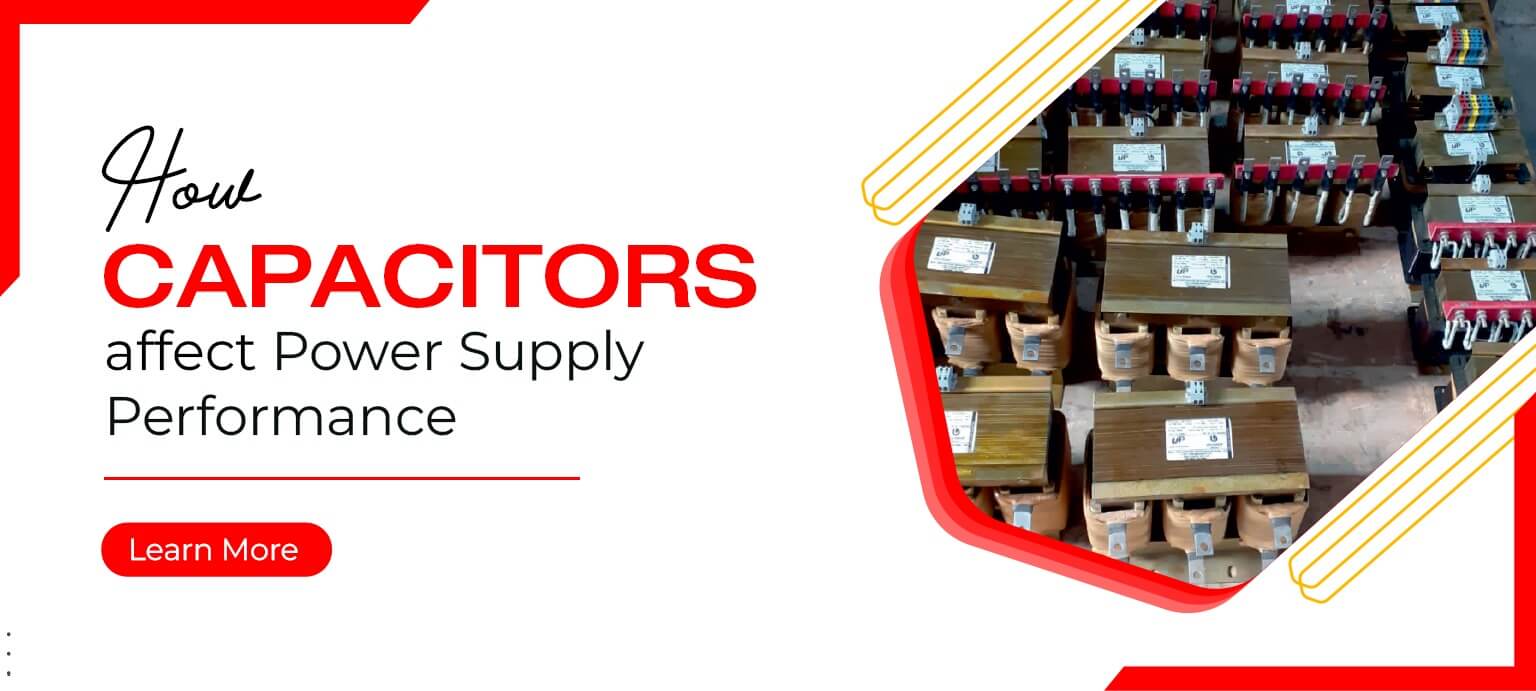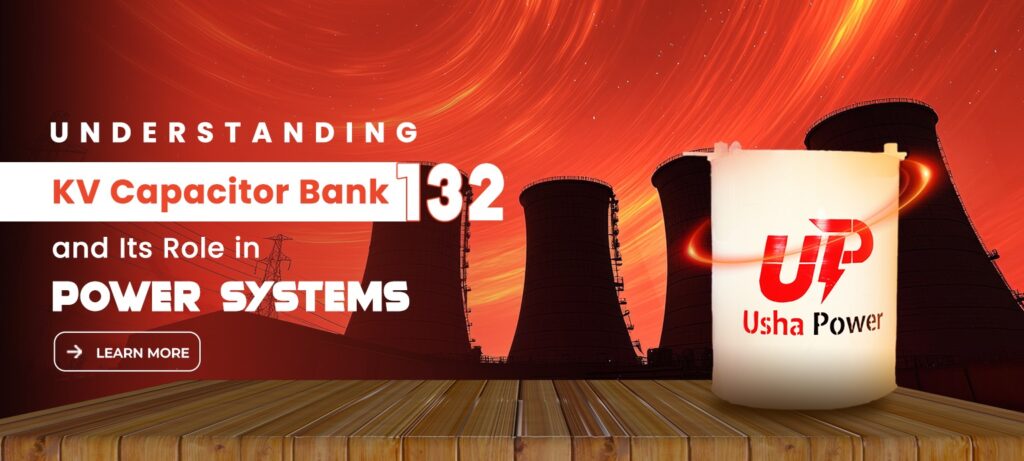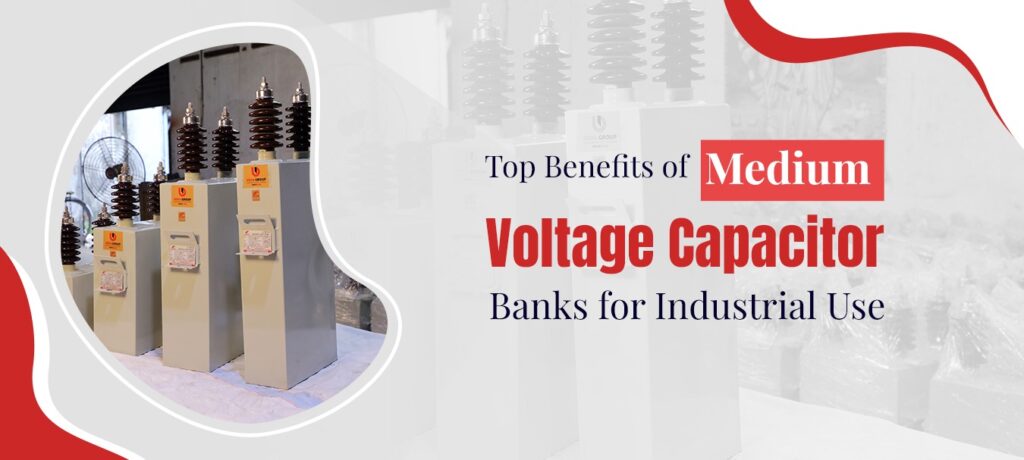Capacitors play a critical role in the performance of power supplies, serving as essential components that help stabilize voltage, filter noise, and ensure efficient energy storage. Their impact on power supply systems can be profound, influencing everything from the stability of electronic devices to the efficiency of entire electrical systems. In this blog, we will explore how capacitors affect power supply performance, their types, and their practical applications.
The Role of Capacitors in Power Supplies
Capacitors are electrical components designed to store and release electrical energy. They consist of two conductive plates separated by an insulating material, known as the dielectric. When a voltage is applied across the plates, an electric field is created, allowing the capacitor to store energy. This stored energy can then be released when needed, providing various benefits to power supply systems.
In power supplies, capacitors serve multiple functions:
• Voltage Stabilization: Capacitors help stabilize the output voltage of power supplies by smoothing out fluctuations. They act as buffers, absorbing voltage spikes and releasing stored energy during dips. This stabilization is crucial for the reliable operation of sensitive electronic devices.
• Filtering Noise: Capacitors filter out unwanted noise from the power supply. Electrical noise, which can be caused by fluctuations in the power grid or other sources, can interfere with the operation of electronic circuits. Capacitors help remove this noise, ensuring a cleaner and more stable power supply.
• Energy Storage: Capacitors store energy that can be quickly released when needed. In power supplies, this capability is used to provide bursts of power during high-demand periods. For instance, when a device requires a sudden surge of energy, capacitors can discharge their stored energy to meet the demand, preventing voltage drops and maintaining system stability.
Types of Capacitors Used in Power Supplies
Different types of capacitors are used in power supplies, each with specific characteristics suited to various applications:
• Electrolytic Capacitors: These capacitors are widely used in power supplies due to their high capacitance values. They are particularly effective for filtering and smoothing applications. However, they have limited lifespans and can be affected by temperature and voltage stress.
• Ceramic Capacitors: Known for their stability and reliability, ceramic capacitors are used in applications where precision and high-frequency performance are required. They are commonly used for decoupling and filtering high-frequency noise.
• Tantalum Capacitors: Tantalum capacitors offer high capacitance in a compact size and are used in applications where space is a premium. They are known for their stability and reliability but can be sensitive to voltage spikes.
• Film Capacitors: These capacitors are used in high-frequency applications and offer excellent stability and low loss characteristics. They are often employed in power supply circuits that require precise filtering and stable performance.
How Capacitors Enhance Power Supply Efficiency
Capacitors contribute to the overall efficiency of power supplies in several ways:
• Reducing Ripple Voltage: Ripple voltage, caused by variations in the power supply’s output, can lead to inefficiencies and reduced performance. Capacitors smooth out these variations by providing a stable voltage output, enhancing the efficiency of the power supply.
• Improving Power Factor: The power factor measures how effectively electrical power is being converted into useful work. Capacitors improve the power factor by compensating for reactive power, which can lead to more efficient use of electrical power and reduced losses.
• Minimizing Heat Generation: By stabilizing the voltage and reducing ripple, capacitors help minimize heat generation within power supplies. Excessive heat can reduce the lifespan of electronic components and lead to inefficiencies. Capacitors help mitigate these issues, contributing to a more efficient and reliable power supply.
The Impact of Capacitor Selection on Power Supply Performance
Choosing the right capacitor for a power supply is crucial for optimizing performance. Factors such as capacitance value, voltage rating, and equivalent series resistance (ESR) must be considered:
• Capacitance Value: The capacitance value determines how much charge a capacitor can store. Selecting the appropriate capacitance is essential for effective voltage stabilization and noise filtering.
• Voltage Rating: Capacitors must be rated for the maximum voltage they will encounter in the power supply circuit. Using a capacitor with an insufficient voltage rating can lead to breakdown and failure.
• Equivalent Series Resistance (ESR): ESR is the internal resistance of a capacitor, which affects its efficiency in filtering and energy storage. Low ESR capacitors are preferred for applications requiring high efficiency and performance.
• Temperature and Aging: Capacitors can be affected by temperature and aging, impacting their performance over time. Choosing capacitors with suitable temperature ratings and considering their lifespan is important for maintaining long-term performance.
Practical Considerations in Capacitor Usage
When integrating capacitors into power supplies, several practical considerations should be taken into account:
• Circuit Design: Proper circuit design is essential for maximizing the benefits of capacitors. Ensuring that capacitors are correctly placed and connected within the circuit can enhance their effectiveness in stabilizing voltage and filtering noise.
• Maintenance and Replacement: Regular maintenance and timely replacement of capacitors are crucial for maintaining power supply performance. Capacitors can degrade over time, leading to reduced efficiency and potential failure.
• Testing and Validation: Thorough testing and validation of capacitors are important to ensure they meet the required specifications and performance standards. This helps prevent issues related to inadequate performance or premature failure.
The Bottom Line
Capacitors are integral to the performance and efficiency of power supplies, playing a key role in voltage stabilization, noise filtering, and energy storage. Understanding their impact and selecting the right type of capacitor is essential for optimizing power supply systems and ensuring reliable operation. By considering factors such as capacitance value, voltage rating, and ESR, and addressing practical considerations in circuit design and maintenance, you can enhance the performance of your power supply and achieve a more efficient and stable electrical system.
If you are looking for a trusted partner to provide high-quality capacitors that will significantly enhance the performance and reliability of your power supply systems, Usha Power is the ideal choice. We offer a comprehensive range of capacitors designed to meet the diverse needs of various applications, ensuring that you have the right components to achieve optimal voltage stabilization, effective noise filtering, and efficient energy storage. Our team of experts is dedicated to delivering solutions that not only meet but exceed industry standards, providing you with the assurance of superior performance and long-term durability. Whether you require capacitors for industrial, commercial, or specialized applications, Usha Power is here to support your needs with precision-engineered products and exceptional customer service.





